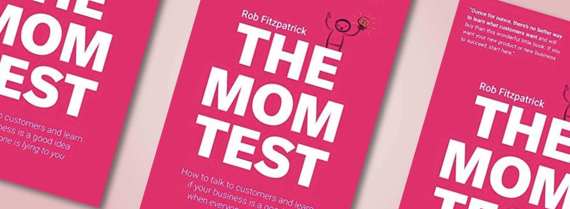
Photo by Danielle MacInnes on Unsplash
Over the last decade, the UK central government has transformed how it develops digital services. Since 2011 the Government Digital Service (GDS) has created, iterated and championed best practice across central government. Its guiding principles have helped the UK to lead the world in the quality and efficiency of digital service delivery. The services developed during this time have won international awards, avoided the failures that dogged digital projects of the past and, most importantly, improved the experience of UK citizens trying to get stuff done with government. I would argue that it is the focus on user needs that has been the driving force behind this transformation.
If you don’t know what user needs are, you won’t build the right thing
The first of the GDS design principles is 'start with user needs.' It states: 'Service design starts with identifying user needs...Do research, analyse data, talk to users. Don't make assumptions.'
I would argue that this is the most important of the GDS design principles. If you don’t know who will use your service and what they need, development will be based on guesswork, which is no way to run any project. Other principles talk about agile working, efficiency and the importance of transparency, which are all very important, but if you don’t start with the user the rest of it really doesn’t matter.
Similarly, the first GDS services standard, a standard which all UK central government services are evaluated against, is ‘Understand users and their needs’. Again if you don’t understand who will be using your services, how are you going to make sure it’s doing what they need it to do.
In practice this means you should be doing user research before the first designs are made or the first line of code is written. Evidence from research should inform each and every decision made by a delivery team, from which programming language to use to prioritising features. User research helps to ensure that the product or service is designed based on a detailed, realistic understanding of what users need from it, rather than from assumptions for guesswork.
User research saves time, effort and money
From my experience of working with central government and other organisations outside government who have aligned their practices to GDS principles, the difference it makes is incredible. Making early, evidence-based decisions means that developers spend less time writing redundant code, designers get to the best designs quicker and ultimately the services and products produced are better.
So, I’d recommend anyone starting a digital career or already in the middle of one to go and read about what GDS says and how they propose you should organise development teams and manage processes. The recently-revised Service Standard is a very good place to start. You may not agree with all of it, I know I don’t, but it’s a good starting point for understanding how digital services should be developed.
If you would like support or advice on adapting and applying GDS principles to your business, please contact us.



